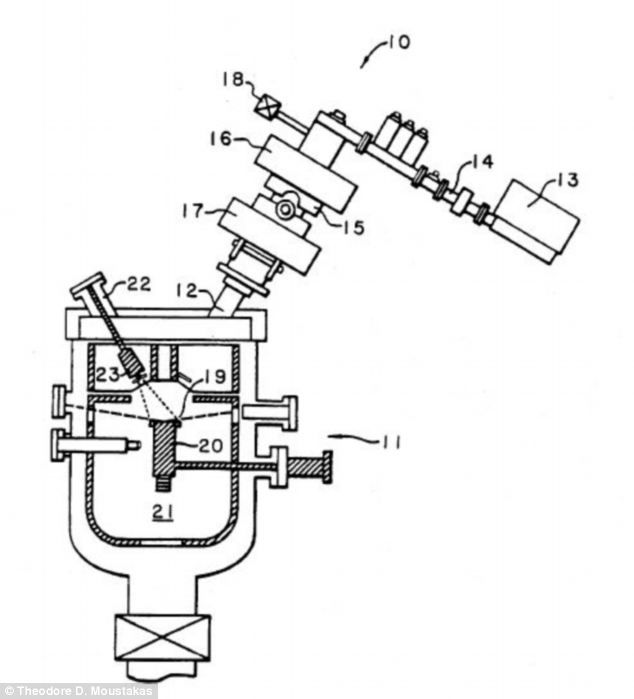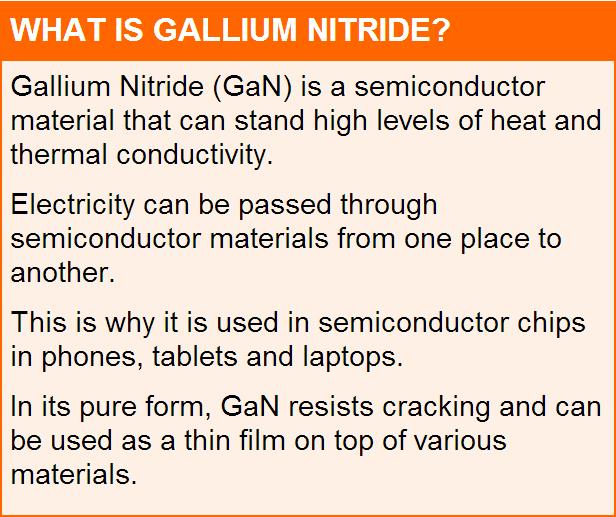iPhone 5, iPad and Macbook Air, May be Banned
Boston University is seeking a ban on Apple's leading devices including the iPhone 5, iPad and Macbook Air, purportedly for patent violations.
Boston University sues Apple for patent infringement
Boston University is asking a court to stop the sales of the iPhone 5, iPad, and MacBook Air, claiming that all those products infringe on a patent filed by one of its professors!
In a lawsuit filed on 2 July, in a Massachusetts federal court, the trustees of BU said Apple was illegally using the patent, which covers a method of making thin gallium nitride film semiconductors that can produce blue lasers economically and compactly.
"Defendant's acts of infringement have caused and will continue to cause substantial and irreparable damage to the University," BU said.
BU wants the court to enjoin Apple from “making, having made, selling, offering for sale, distributing and/or using products” that infringe the patent. Also, asking for an accounting of all profits and advantages that Apple derived from the infringement, and demands adequate compensation
About the patent
This image is a cross-sectional view of a growth chamber used to create the gallium nitride films. Professor Theodore D. Moustakas patented the process behind the chips in 1997 and claims Apple ripped off his designs
Image via dailymail.co.ukThe patent is titled “Highly insulating monocrystalline gallium nitride thin films,” and was issued to electrical and computer engineering professor Dr. Theodore D. Moustakas in November 1997.
Professor Theodore Moustakas applied for the patent in 1995, which is set to expire in 2015.
The patent covers a method of generating blue lasers in a cheap, compact fashion using gallium nitride film semiconductors.
BU’s trustees said the 3 Apple products contain a “gallium nitride thin film semiconductor device” that is still under patent protection. The suit does not precisely describe how Apple is using the patented method, but gallium nitrate films often end up in LED displays.
theinquirer.net

